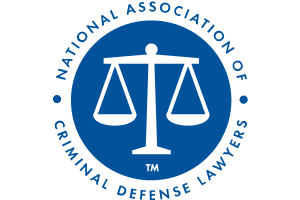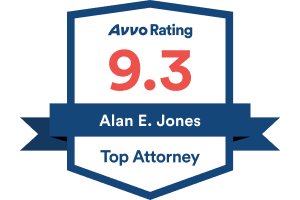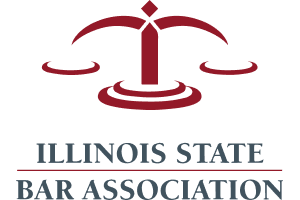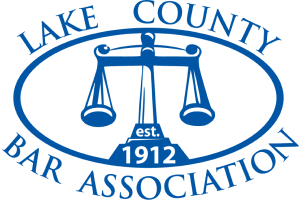Clients Decide.
Five Need-to-Knows for Drivers With CDLs
If you’re a commercial truck driver then you probably realize how important your driving privileges are. For you, driving is more than something you do – it’s your livelihood. Without your license, you wouldn’t be able to drive your truck, deliver goods and receive a paycheck. You’d be left without a way to perform your job and could lose it as a result.
It’s because of this very reason that getting good legal advice in so important, especially if you are facing drunk driving charges.
In Illinois, commercial truck drivers are subject to an extra set of rules when it comes to drunk-driving offenses. In addition, they can also face steeper consequences than the average DUI defendant. As such, here are five things commercial truck drivers should keep in mind when facing DUI charges:
- You could lose both sets of driving privileges. Under 49 CFR 383.51(a)(3) of the Federal Code of Regulations, a commercial driver “is subject to disqualification sanctions designated in paragraphs (b) and (c) of this section, if the holder drives a CMV [commercial motor vehicle] or non-CMV [non-commercial vehicle] and is convicted of the violations listed in those paragraphs,” which includes convictions for breath test refusals, driving over the legal limit, being under the influence of a controlled substance, and operating a commercial vehicle with a .04 BAC or greater, just to name a few.
- Supervision can still cost you your CDL. The benefit to court supervision in a DUI case is that you can avoid jail and your driver’s license will not be revoked. Unfortunately, this only applies to your non-CMV privileges, not your CDL.
- If you lose your license in one state, you lose it in all states. This is thanks to the Driver License Compact (DLC), which is an “interstate agreement that facilitates states’ exchange of information regarding traffic violations, suspensions, and revocations.” Basically, if your license is revoked in one state and you move to another, you may not be able to get a new license until you become eligible for reinstatement – if this is even possible.
- Lesser charges may not have the same impact that serious violations do. Serious traffic violations under Illinois law can result in license suspensions and revocations, but lesser charges might not result in the same outcome.
- An attorney can be incredibly beneficial. Few people know the criminal code better than a good defense attorney, and an experienced lawyer will know the best strategies to getting favorable outcomes. While you have every right to handle a DUI offense on your own, you may not be able to effectively stop your license from getting suspended or revoked. Furthermore, you may not be able to identify when you qualify for license reinstatement either.








